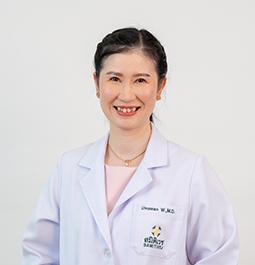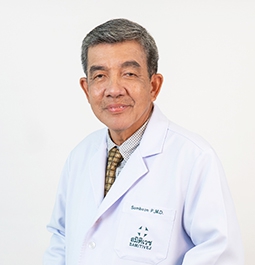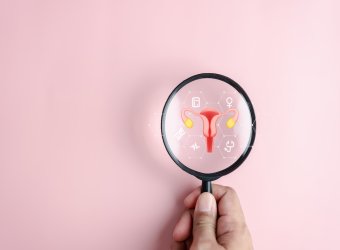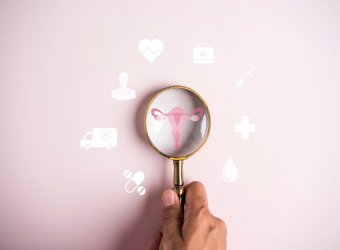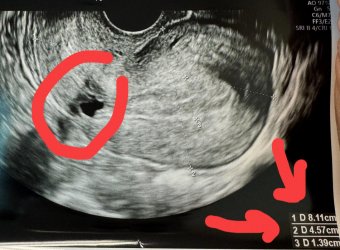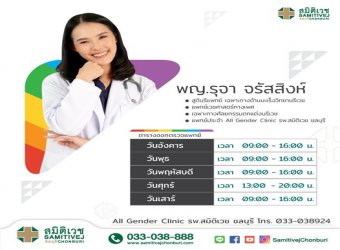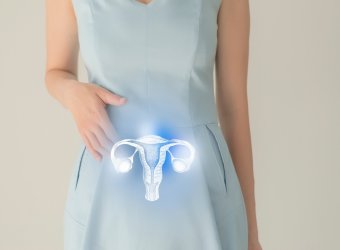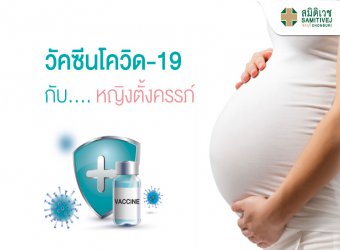Understanding HPV Infections in Women and How to Address Them
(Obstetrics & Gynecology Center) article author : Admin

Understanding HPV Infections in Women and How to Address Them
As women enter their reproductive years, maintaining good reproductive health becomes vital, as this area is particularly susceptible to infections and requires special attention. Today, let us explore HPV (Human Papilloma Virus), a virus notorious for causing cervical cancer. We’ll examine the symptoms of HPV infection and methods of prevention.
What is HPV?
Human Papilloma Virus (HPV) is a type of virus that infects epithelial tissue, leading to diseases affecting the genital and anal areas. HPV can occur in both men and women but is most commonly found in women. Currently, there are more than 100 strains of HPV, which can be classified into two main groups:
Low-risk strains: These do not cause cancer.
High-risk strains: These disrupt the normal function of cervical epithelial cells, potentially leading to cervical cancer.
Risk Factors for HPV Infection in Women
Sexual activity
HPV is primarily transmitted through sexual contact, often via skin-to-skin contact or minor abrasions on the skin. Alarmingly, individuals with HPV may show no symptoms, making it easy to unknowingly spread the virus to others.
Frequent pregnancies
Women who have been pregnant four or more times are at higher risk of contracting HPV. Furthermore, the virus can be transmitted to the unborn child during pregnancy.
Heavy smoking
Women who smoke heavily or are frequently exposed to cigarette smoke are more prone to HPV infection and cervical cancer. Harmful substances in cigarettes can alter cervical epithelial cells, increasing cancer risk.
Weakened immune system
Those with low immunity are more susceptible to HPV infections and may experience more severe symptoms compared to individuals with robust immune systems.
Possible Symptoms of HPV Infection
Genital warts
Small, wart-like growths may appear on the genital area. While typically painless, they can sometimes cause itching.
Abnormal vaginal discharge
This may be accompanied by a foul odour or traces of blood.
Did You Know?
Most HPV infections show no symptoms, underscoring the importance of prevention and risk reduction.
Prevention and Risk Reduction
Given the asymptomatic nature of HPV, it is crucial for women, especially those of reproductive age, to adopt preventative measures:
Regular cervical cancer screening and HPV testing.
Prompt consultation with a gynaecologist for any abnormalities in the genital area, no matter how minor.
Vaccination against cervical cancer to boost immunity.
What You Should Know About HPV Vaccines
Vaccination is an effective way to boost immunity and reduce the risk of HPV infection. There are three main types of vaccines available:
Bivalent vaccine: Protects against HPV types 16 and 18, the most severe strains linked to cervical cancer.
Quadrivalent vaccine: Covers four strains—6, 11, 16, and 18.
Nonavalent vaccine: Offers protection against nine strains—6, 11, 16, 18, 31, 33, 45, 52, and 58.
The nonavalent vaccine not only prevents HPV infections but also protects against cervical cancer, vaginal cancer, anal cancer, and genital warts.
Can HPV Infections Be Cured?
HPV infections can be treated if detected early. Treatments are as follows:
For warts: Topical medications are usually effective.
For severe cases, including cancer: Treatment may involve radiotherapy or surgery, depending on the condition.
If you are concerned about HPV infections or the risk of cervical cancer, consider consulting a gynaecologist. The Women’s Health Centre at Samitivej Chonburi Hospital offers comprehensive gynaecological consultations, cervical cancer screening, and vaccination services conveniently in Chonburi.




